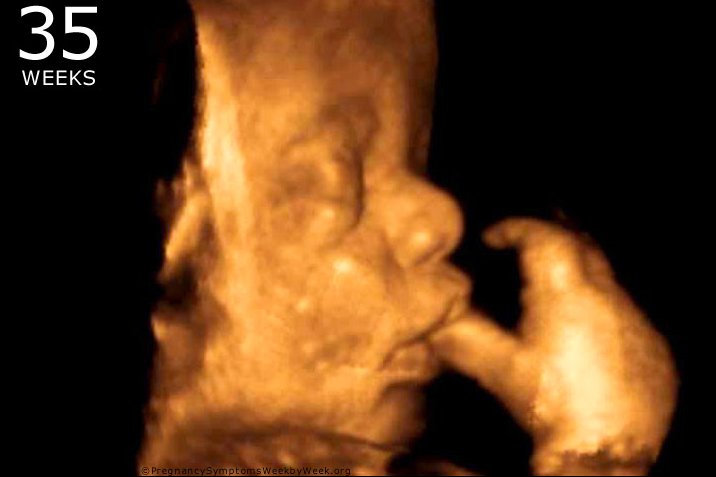A bill to ban abortions after an unborn baby’s heartbeat is detectable is one step closer to becoming law in Mississippi.
After passing the state Senate earlier this month, the bill moved closer to final approval Wednesday in the House. The AP reports the Public Health Committee voted to advance state Senate Bill 2116 for a vote by the full House.
If enacted, the bill would ban almost all abortions in the state. An unborn baby’s heartbeat is detectable at about six weeks of pregnancy, though research suggests a baby’s heartbeat may begin as early as 18 days after conception. The bill would allow exceptions for medical emergencies.
Gov. Phil Bryant said he will sign the bill if it reaches his desk.
“It’s time to pass a Heart Beat Bill in Mississippi and stop this madness about when life begins,” Bryant wrote on Twitter in January.
Mississippi Center for Public Policy, which supports the legislation, noted how many mothers choose life after hearing their baby’s heartbeat for the first time at a pregnancy center.
“The heartbeat bill only reinforces what medical science has known all along, a heartbeat is not only an indication of a viable pregnancy, it is intrinsically bonded with life,” the pro-life group wrote on its blog. “It is with hope that we witness life beginning to win and it is with pride that we know Mississippi is a pioneer of the movement to value every heartbeat.”
REACH PRO-LIFE PEOPLE WORLDWIDE! Advertise with LifeNews to reach hundreds of thousands of pro-life readers every week. Contact us today.
Heartbeat bills also have been introduced in a number of other states this winter, including in Florida, Kentucky, Mississippi, Missouri, Ohio, South Carolina and Tennessee.
However, in January, a judge declared Iowa’s heartbeat law unconstitutional.
The goal of the legislation is to prevent the deaths of thousands of unborn babies every year. However, even some pro-life advocates admit that the success of the legislation is uncertain. While the rationale behind the law is noble, a number of pro-life leaders recognize that, for the present, such laws may create unintended consequences that could hamper the pro-life cause.When courts rule against such laws, state taxpayers often are forced to reimburse pro-abortion groups for their legal fees.
North Dakota and Arkansas passed heartbeat bills several years ago, but federal courts struck down both laws.
The Eighth Circuit Court of Appeals said the following about its ruling on the six-week ban: “Because there is no genuine dispute that (North Dakota’s law) generally prohibits abortions before viability — as the Supreme Court has defined that concept — and because we are bound by Supreme Court precedent holding that states may not prohibit pre-viability abortions, we must affirm the district court’s grant of summary judgment to the plaintiffs.”
There is more hope that the new conservative-majority U.S. Supreme Court may consider an abortion ban, but it is difficult to say if it would for certain – especially after Chief Justice John Roberts recently sided with the liberal justices on an abortion case.








